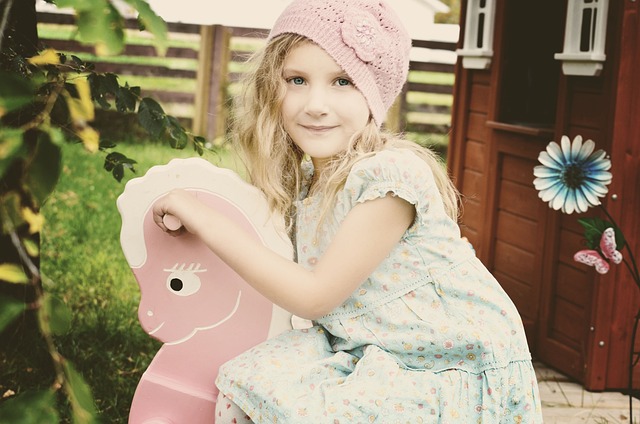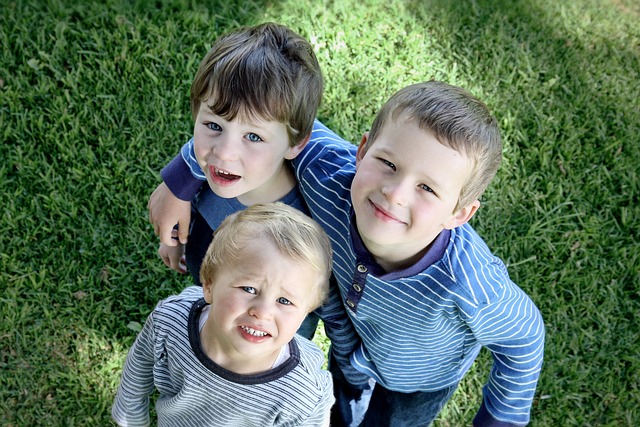To make storage and cleaning as natural as possible, start young, that’s the key! Ideal for developing the skills of a young child, his pleasure in washing, cleaning a table to make it clean, picking up a few crumbs with a brush, and putting the books in the right order also reinforces his feeling of belonging to the family.
- Participating in family chores shows children that order and cleanliness are good. It is this idea that we find in Montessori pedagogy: we learn that everything has a place and to go through with a task, in this case, practical life activities (lacing, tying, cleaning, sweeping…).
- From an early age, the sharing of tasks is equitably divided between girls and boys… Something that is not yet as natural as we think! Yes, even today, boys always do less than girls and parents seem more inclined to have their boy wash the car and have their daughter cook…
- The child is an actor in the atmosphere of the house. In a family, everyone is responsible for the well-being of all and you should not hesitate to point this out regularly to your children: “It feels good to go into the bathroom since you put your dirty things in the basket. laundry…”, “I really like tidy rooms! Now that there’s nothing left on the ground, it makes me want to do a puzzle with you…”. It is thanks to these small gestures and these positive words that a child understands the point of helping at home. By participating in preserving the good atmosphere of the house, he also allows his parent to be more available to do things together!
What task, at what age?
Age by age, here is a brief recap of family duties.
- 2/3 years: wash or brush the vegetables, put the socks away in pairs after washing them, put the shoes away so that they are lined up at the entrance of the house, and wring out the lettuce.
- 3/6 years old: help put the groceries away, set the table, put their clothes in the laundry basket, help sweep the kitchen, and use (under the supervision of an adult) a small vacuum cleaner table to remove the crumbs.
- 6/10 years: making the bed, vacuuming (under adult supervision), clearing the table, emptying the dishwasher, and the trash, watering the plants, feeding the pet, putting away the clothes in the drawers…
- 10/12 years: learn to use household appliances (under the supervision of an adult) to gradually have the ability to do, for example, washing personal clothes without help, going to buy bread alone, helping prepare meals, changing sheets…
How to organize the sharing of tasks?
Let’s face it: except for very young children, no child from the age of 6-7 will jump for joy when setting the table or emptying the trash! But this is not a reason not to organize turns for “cleaning missions”. They do it at school, where everyone takes on a “trade” for a full week. How to do it? On a disc fixed to cardboard with a Parisian fastener, we will write the first names of the members of the family. Around the edge of the cardboard, we indicate the family tasks. Every week, we turn the record up a notch. Thus, no one is assigned to tasks more difficult or more gendered than another. When the children have large age differences or in families with shared custody,
Happy household?
In Japan, after lunch, the students clean up their class and they do it… to music! Why not take inspiration from it at home? On weekends, we can form two cleaning teams, one with mom and one with dad for example. We put on music to feel good together. It’s like when you play sports: the music energizes you and lightens the effort. In addition, parent-child pairs are an opportunity to have fun: a little fight with a feather duster, a joke contest between two dusting of shelves…
Another rather amusing idea: entrust family members with a special mission devoted to a single task to be accomplished over a limited time, always in pairs with a parent. The music can mark the beginning and the end of the session, the duration of which will be limited to 30 minutes. For some, storage of everything lying around the house. For the others, changing everyone’s sheets… We tidy up and clean in a very dynamic way, to the rhythm of the music and as soon as it stops, we stop everything. Cleaning the house is not necessarily just a painful moment… It can also give rise to good laughs.
When helping makes you grow
Helping is useful to the family but it also serves to become more independent. Knowing how to vacuum your room or change your sheets can make parents want to authorize pajama parties with cousins or friends since everything will be managed by the person who invites them… This kind of message allows children to invest themselves more easily in family tasks and to make them habits rather than an obligation.
Helping out by helping to put up a shelf or paint the garage door is family support, it doesn’t come in cash. Indeed, paying children to have them pick up leaves in the garden or empty the cat litter will be counter-educational. Support is priceless. To understand this, we can lead by example by helping a neighbor to repair his washing machine or by volunteering his time for crafts at school.
“I don’t see why I should do this”
Many children tend to cite forgetfulness or lack of time for not participating in family chores. They sometimes do it with anger, considering themselves misunderstood, obliged to do too much… When it becomes too frequent, why not do as they do? Forgetting, for example, to wash the t-shirt he wants to wear for a friend’s birthday… for lack of time. Sometimes, the “reverse” mimicry makes it possible to understand how painful it is not to be able to count on each other. And to discuss these little worries but also to thank everyone for their efforts, there is, of course, the famous “house council”.



Leave a Reply
You must be logged in to post a comment.